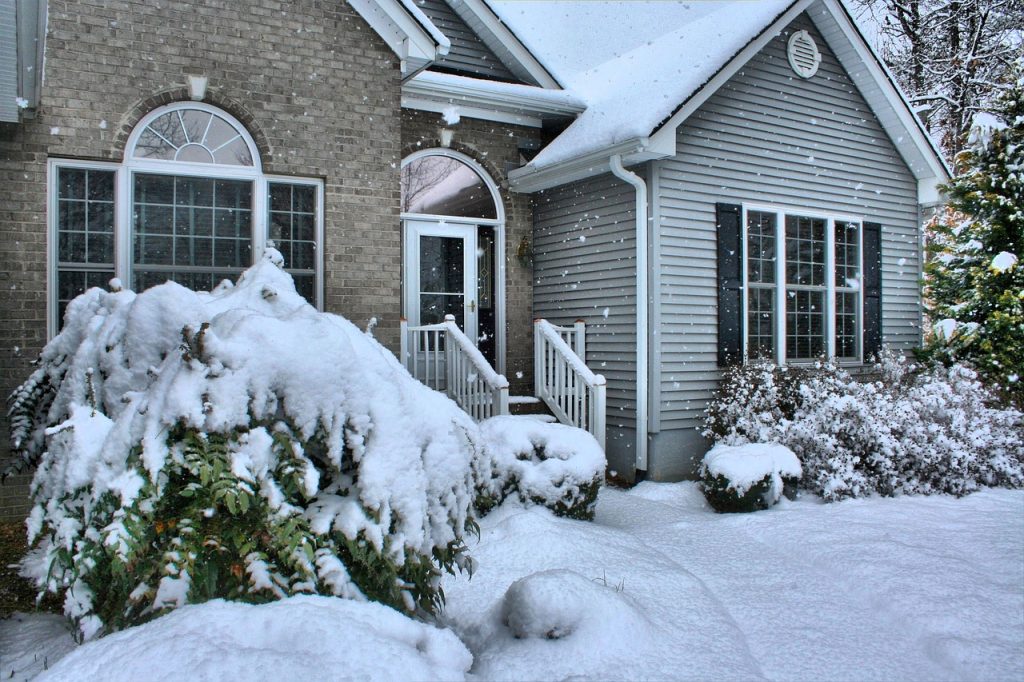Winterizing Your Home: A Guide to Reducing Insurance Claims
AS WINTER APPROACHES, IT'S IMPORTANT TO PREPARE YOUR HOME FOR THE COLDER TEMPERATURES AND HARSHER WEATHER CONDITIONS.
Many homeowners overlook the importance of winterizing their homes, but it’s a crucial step to ensure that your property is protected and you’re not hit with unexpected expenses. In this blog post, we’ll be discussing the essential steps to winterizing your home.
5 IMPORTANT STEPS TO WINTERIZE YOUR HOME
1.INSPECT YOUR ROOF
The roof is one of the most important parts of your home when it comes to protecting it from the elements. You should inspect your roof before winter to ensure that there are no missing or damaged shingles, cracks, or leaks. If you spot any issues, it’s best to address them immediately with the help of a professional. A roof in good condition will not only protect your home but also reduce the risk of insurance claims resulting from water damage.
2. CLEAN GUTTERS AND DOWNSPOUTS
Your gutters and downspouts are responsible for directing water away from your home’s foundation, helping to prevent flooding. During the fall season, leaves and debris can accumulate in the gutters and downspouts, blocking the water flow. It’s essential to clear them out before winter and ensure they’re functioning correctly. This step is vital in reducing insurance claims for water damage and flooding.

3. SEAL WINDOWS AND DOORS
Leaking windows and doors can let in cold air, making your home less energy-efficient and more prone to drafts and water damage. Seal any cracks or gaps around windows and doors to prevent cold air from entering your home. By doing so, your heating system will work more efficiently, and you’ll save money on your energy bills.
4. INSULATE ATTICS AND PIPES
Insulating your attic can help prevent heat loss, making your home more energy-efficient by reducing your heating bills. You should also insulate any pipes that run through unheated areas of your home to avoid burst pipes and water damage.
5. PREPARE FOR POWER OUTAGES
Power outages can occur during winter storms, causing inconvenience and potential damage to your home. To prepare for this situation, make sure you have a backup generator that’s in good working condition. You should also have a supply of non-perishable foods, bottled water, and blankets on hand.
By following these essential steps, you’ll reduce the risk of insurance claims for water damage, mold, and other winter-related issues. Not only will your property be protected, but you’ll also save on your energy bills. Don’t overlook the importance of winterizing your home and ensure that you’re ready for the cold months ahead. If you’re seeking further guidance on safeguarding your home and minimizing the potential for insurance claims, don’t hesitate to reach out to us at CoyleKiley Insurance Agency. We’re here to assist you with all your insurance needs.
https://www.coylekiley.com/coylekiley/contact/
